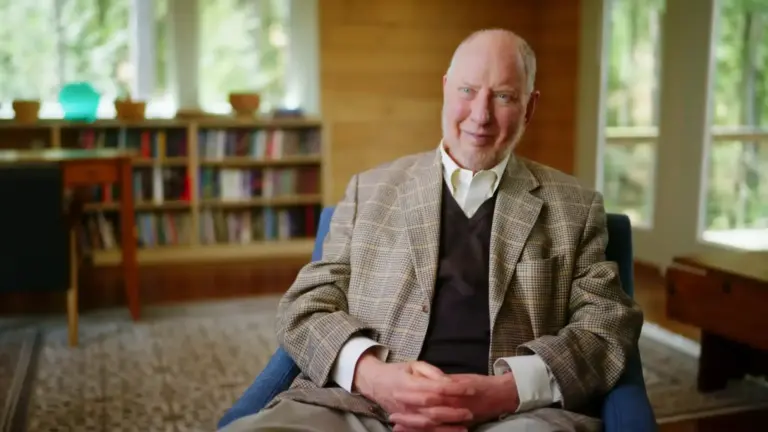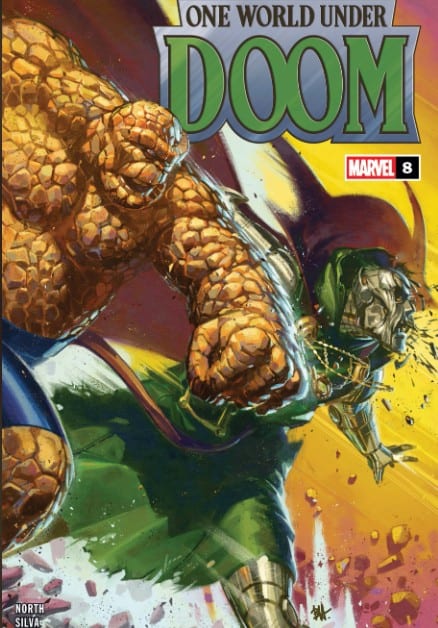Throwback Thursday: The Secret History, A Thrilling Open-Shut Case
In Donna Tartt’s debut novel The Secret History, many conversations arise. Some people say not to think of the past, to move on, and to focus on the present moment. After all, it is all you possess. But in reality, the choices you make in the past often contribute to defining who you are today. Sometimes, you’d find yourself still fighting your way out of the consequences’ grasp today. Would it ever be possible to let go of your past and detach yourself from all you were once upon a time?
What Is Dark Academia?
The novel was released in 1992, and it was many readers’ introduction to the dark academia genre. If you are unfamiliar with the genre, let me sum it up for you!
It is a literary genre that is thriving in the literature scene at the moment. In these narratives, the readers are often faced with morally gray characters inside the academic halls. It especially shatters the clean-cut image of the elite and offers the reader a glimpse into how entitlement and privilege can alter one’s brain and life perspective regardless of their academic level.
The characters in this genre often have no sense of accountability and believe they can get away with everything they do. They are pretentious and think of themselves as above their peers. It is a dark and twisted take on Academia’s usual intellectual and scholarly tone. In this genre, no character is reliable. They are all a mirror of one’s darkest desires and vilest thoughts. Everyone can be a twisted liar and a manipulative individual when needed. There are no ideal heroic figures; they are all flawed.
Summary Of Donna’s Tartt The Secret History
Our narrator in this book is Richard Papen. He is now 28 years old, and he walks us over a certain period of his life that its shadows keep creeping into him. This period goes back to when he was 19 years old. He entered Hampden College in Vermont, and for Richard, being a student in this college was nothing but a sheer dream, but the financial aid he received led him right into the halls of Hampden. Exciting, right?
Richard starts studying Ancient Greek under Professor Julian, which might seem like a usual occurrence, but it was far from it. Richard learns that Professor Julian is a wealthy man that he even donates his wage to the university. This generosity guarantees him total freedom in the classes he teaches and the students he handpicks. He made a reputation for himself that his students are always the elite, la-crème-de-la-crème if you will.
Richard finds himself in this class with a bunch of other students: Henry, Francis, Charles, and Camilla – twin siblings – and Bunny. All of them seem to be extremely rich, aside from Bunny. Richard’s insecurity about his financial state kicks in, and so he puts in extra effort to fit in with the group. He is star-struck. Their intellectual skills and the way they carry themselves are outstanding. They are everything he aspires to be.
Francis has a country house that the Greek students – their nickname – often spend weekends at. When Richard gets the chance to finally be in there with them, he realizes there is some unresolved tension between Bunny and the rest of the group. Richard always found Bunny not to be at the same level as the others, he was less alluring and intriguing, just a simple-minded young man.
Over the winter break, Richard stays in Vermont while everyone else travels abroad or goes back home. However, Henry happens to come back a little bit earlier before the semester starts and ends up inviting Richard to stay at his place. Richard agrees, and while staying there, he cannot shake the feeling that there is an air of mystery about Henry’s behavior in general.
Once the semester starts, everyone is back to class. Richard is still curious about the reason they all went radio-silent over the winter break, but he doesn’t say anything. After all, he is still the new guy, and being in the same class does not guarantee him access to their personal life. He was still an outsider, or so he thought.
To Richard’s surprise, Henry confesses that Bunny is blackmailing him and the rest of the group. A few months ago, while trying to execute some sort of a traditional Greek ritual, they ended up murdering someone. Bunny learns about it and is willing to ruin their lives even if they bend to his wishes. As a result, the group decides that the only solution would be to kill Bunny, so they push him off the edge of a ravine.
This crime was the breaking point in their friendship. Once Bunny’s body is discovered, the FBI conducts an extensive investigation that proves to be mentally challenging to all of them, but they manage to keep their names out of the file.
However, for the group, it was the beginning of the end. Richard learns that Charles already had a problem with drinking, but now he is concerningly abusing alcohol. This makes him more violent and unbearable, so Camilla decides to pull away from him. Richard also realizes that the twin siblings had an incestuous relationship, so when she starts dating Henry right after, it drives Charles even wilder.
Professor Julian disappears after receiving a letter that Bunny had sent before he died, explaining to him all about the murder the Greek students committed. Julian was the one who introduced them to the concept of the ritual they practiced. He masterfully influenced them and portrayed it to be this intriguing and worth-exploring practice. Now that his knowledge might be an indirect motive for murder, he flees the college.
Charles cannot accept losing Camilla and potentially his academic future if the truth ever comes out all at once. His emotions get the best of him, and he attacks Henry with a gun. Richard ends up getting shot while intervening, and in less than a blink of an eye, Henry takes the gun and shoots himself. The guilt and remorse had been gnawing at him that he could no longer handle it and found death to be his only salvation.
In the next year, Richard is the only one who comes back to Hampden College. In a few years, he receives what seems to be a suicide note from Francis. Richard travels to see Francis, and he finds him in the hospital; his attempt is unsuccessful. Camilla also comes to check on Francis, and Richard learns that she lost contact with Charles. Although he went to rehab, alcoholism continued dragging him down as the years went by. As for her, she was taking care of her elderly aunt in an isolated area.
Richard realizes none of them will ever be able to move on from their past. It will forever be looming over them, reminding them they don’t deserve to be happy for all the atrocities they committed with cold blood. It’s a lifetime curse they cast over themselves.
Review
The first time I read this book, it stuck with me for a couple of days. I hated every character with a burning passion, but I also found myself empathizing with them at certain moments. Morally gray characters, when executed right, can elicit such a contradictory feeling in the reader.
What I found astounding is the lengths one could go simply to fit in. Richard got so high on the passion, power, and intellectual stimulation he found with the Greek students that he forgot he had individual moral principles. His moral compass was shattered for the sake of being embraced by them, only for him to realize he never truly knew them in the end. However, as a reader, you’d catch glimpses of his ambivalence. He admired them but also envied them. His astonishment was not built on the right reasons but on an obsession with appearances and a superficial intellectual depth.
On the other hand, it is also important to note that the environment Professor Julian built for his students was also a factor in developing their maniacal sense of entitlement. They were so detached from reality, vain, and impressionable, and Julian fed on that. The nonsensical power he had over the university was already shady, and it quickly proved to be fatal. Here lies the main theme of Dark Academia, the readers get to witness how education can be destructive if not monitored and executed right.
As for the group’s friendship, throughout the book, you’d see cracks in it. You realize they don’t like each other, they only enjoy the idea of each other, and their crumble is to be expected. Maybe because they all recognized each other to be awful human beings or they simply hated the idea of competing, even in being the worst.
Going back to the question in the introduction, In the Greek students’ case, the answer is no. They are not allowed to let go of their past and move on from it. They have to revisit it on a daily basis and reflect on all the wrong steps they made. Their present was the definition life had of punishment. Personally, I’d say it is not nearly enough as taking a human’s life, regardless of whether they were good or bad, can never be salvaged. So moving on, starting anew, and hoping to find peace are things beyond their reach. They can’t detach themselves from who they were once upon a time.
For More Great Content
Total Apex is an all-encompassing content producer. We provide heavily detailed articles every day on entertainment, gaming, sports, and so much more! Check out all our great sports content at Total Apex Sports. Check us out on X @TotalApexEandG and our other sites: Total Apex Sports Bets and Total Apex Fantasy Sports.







